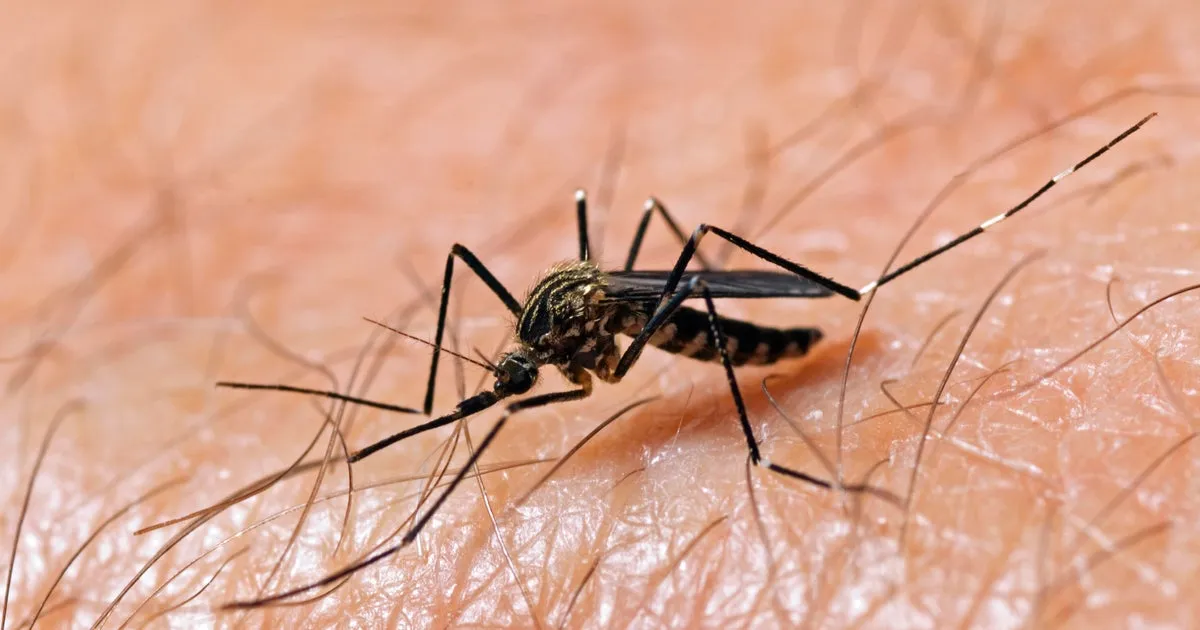
This year, the United States is witnessing a significant increase in West Nile virus cases, as indicated by recent federal health data. Health officials are sounding the alarm, warning that the season for this serious mosquito-borne disease is far from over. As of September 9, a staggering total of at least 771 human cases have been reported across 39 states, according to the latest data released by the Centers for Disease Control and Prevention (CDC).
Among these reported cases, 490 are categorized as neuroinvasive, indicating severe infections that affect the brain. The West Nile virus is recognized as the leading cause of mosquito-borne diseases in the continental United States. Traditionally, the virus primarily infects humans during the summer and fall mosquito seasons. However, experts warn that a warming climate is extending the duration of this season, thereby increasing the potential for disease transmission.
Recently, Massachusetts reported two additional human cases of West Nile virus. In response, the state’s public health commissioner, Dr. Robbie Goldstein, urged residents to remain vigilant. He emphasized that infections could continue until the first hard frost of the season, which is likely still several weeks away. Dr. Goldstein stated in a news release, "We encourage everyone to take necessary steps to protect themselves from mosquito bites." He recommended using mosquito repellent, wearing long sleeves and pants to minimize exposed skin, and draining any standing water around homes to eliminate mosquito breeding grounds.
The CBS News data team is actively tracking confirmed cases of West Nile virus nationwide, utilizing data released by ArboNET, a national arboviral surveillance system managed by the CDC and state health departments. This information is updated bi-weekly on Tuesdays, providing the public with the latest statistics and trends regarding West Nile virus infections.
A West Nile virus infection can often mimic flu-like symptoms, which may include:
Nausea Aches and pains Vomiting Fever Chills Occasional rashAccording to CBS News chief medical correspondent Dr. Jon LaPook, less than 1 in 150 individuals infected with the virus develop a more serious form, which involves the central nervous system. In these severe cases, patients may experience inflammation of the brain and the membranes surrounding the spinal cord, leading to significantly more severe health situations.
Most individuals infected with the West Nile virus do not develop any symptoms. For those who do, symptoms typically manifest 2 to 6 days after being bitten by an infected mosquito; however, in some instances, this period can extend up to 14 days. Individuals with weakened immune systems may experience an even longer delay in symptom onset, as noted by the CDC.
Currently, there is no specific treatment for West Nile virus. Therefore, health experts stress the importance of prevention. The precautions shared by Dr. Goldstein are essential for reducing the risk of mosquito bites, especially for high-risk individuals such as the elderly and those with compromised immune systems, as highlighted by Dr. LaPook.